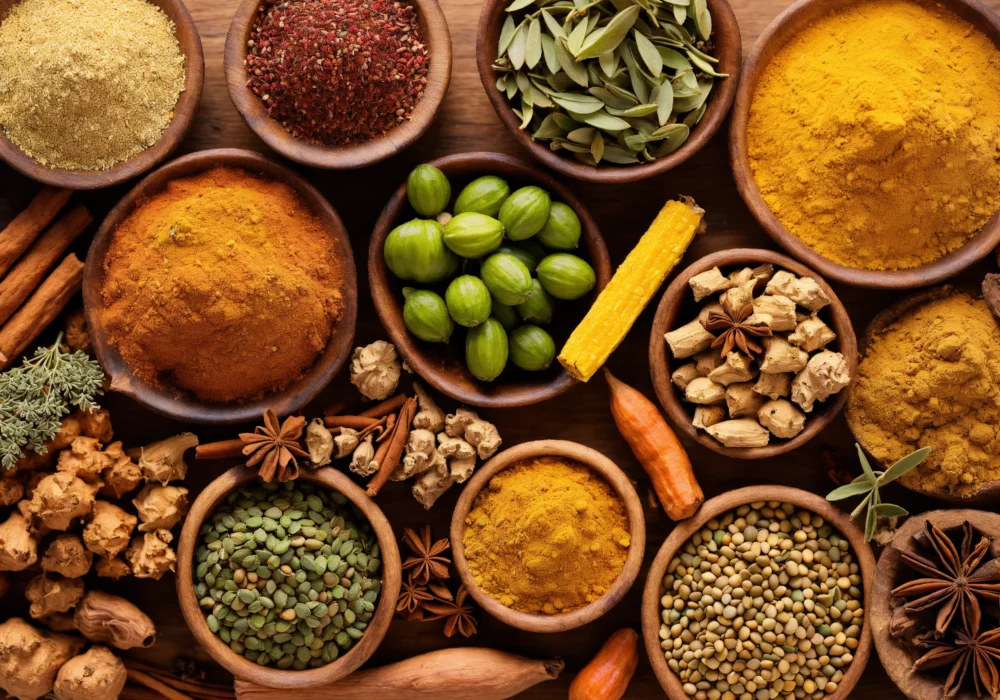What Herbs Help with Diabetes?

What Herbs Help with Diabetes? Several herbs have shown promise in helping manage diabetes by improving blood sugar control, insulin sensitivity, and other related factors. However, it’s crucial to consult with a healthcare professional before incorporating any herbs into your diabetes management plan, as they may interact with medications or have contraindications. Here are some herbs that have been studied for their potential benefits in diabetes management:
- Cinnamon: Cinnamon contains compounds that may improve insulin sensitivity and help lower blood sugar levels. It can be sprinkled on foods, added to drinks, or taken as a supplement.
- Fenugreek: Fenugreek seeds contain soluble fiber and compounds that may help lower blood sugar levels by slowing down the absorption of carbohydrates and improving insulin sensitivity.
- Ginseng: Both American ginseng and Asian ginseng have been studied for their potential to improve glycemic control and reduce fasting blood sugar levels in people with diabetes.
- Bitter melon: Bitter melon, also known as bitter gourd or Momordica charantia, contains compounds that may mimic insulin’s effects and help lower blood sugar levels. It can be consumed as a vegetable or taken as a supplement.
- Gymnema Sylvestre: Gymnema Sylvestre is an herb used in traditional medicine to help lower blood sugar levels by increasing insulin production and improving insulin sensitivity.
- Berberine: Berberine is a compound found in several plants, including goldenseal and Oregon grape. It has been shown to help lower blood sugar levels by improving insulin sensitivity and reducing glucose production in the liver.
- Holy Basil (Tulsi): Holy basil is an adaptogenic herb that may help lower blood sugar levels by reducing stress and inflammation, improving insulin sensitivity, and promoting healthy pancreatic function.
- Aloe Vera: Aloe vera gel may help improve blood sugar control and lipid levels in people with type 2 diabetes when taken orally. However, more research is needed to confirm its effectiveness and safety.
- Curcumin (Turmeric): Curcumin, the active compound in turmeric, has anti-inflammatory and antioxidant properties that may help improve insulin sensitivity and lower blood sugar levels.
- Bilberry: Bilberry contains anthocyanins, which are antioxidants that may help improve blood sugar control and reduce the risk of diabetic complications.
Again, it’s essential to consult with a healthcare professional before using any herbs for diabetes management, as they may interact with medications or have adverse effects, especially in high doses. Additionally, herbs should not be used as a substitute for prescribed diabetes medications but rather as a complementary approach alongside conventional treatment.
What Herbs Help with Diabetes?
Blog: Tees Herbs Blog
Sponsors: Mixtapepsds, Conspiracyortruth
